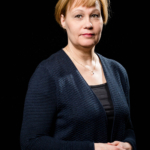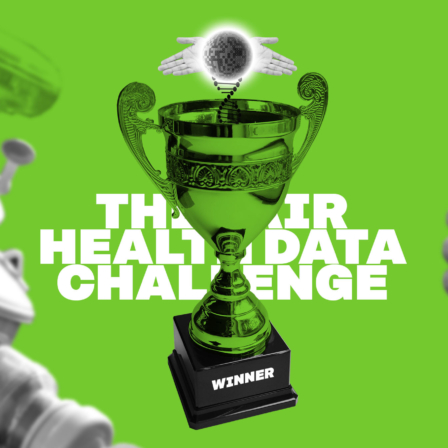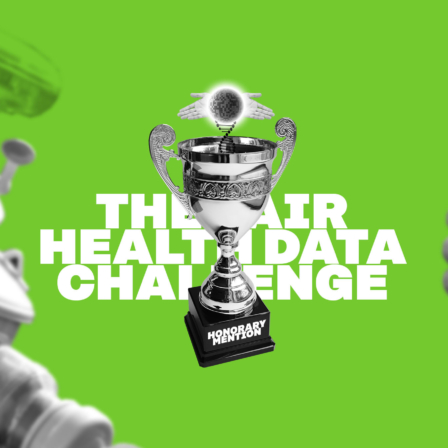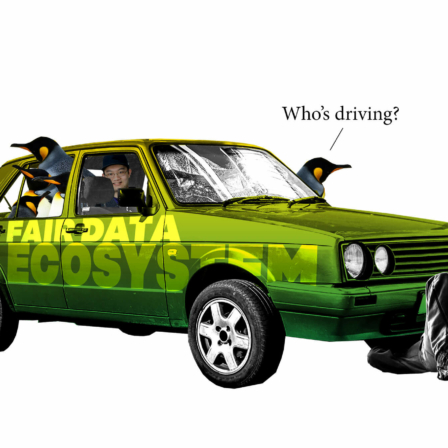The project clarified what added value artificial intelligence-based systems for analytics, prediction and operations management could offer for the Finnish social and health care.
The project was completed in January–October 2017 and included the following ten sections:
1) National health data and its use
2) The overall IT architecture and IT system of the social and health service
3) Controlling the cost development of the service entity
4) Possibilities to improve the quality of different social and health services with artificial intelligence and the cost savings of new operating models
5) The benefits of artificial intelligence technology for health care on the basis of solutions implemented around the world
6) Artificial intelligence technologies in health data analysis and prediction
7) Implementing a well-being plan supported by artificial intelligence
8) Digital hospital supported by artificial intelligence
9) Artificial intelligence-enhanced services in different phases of life
10) Information security and personal data security in digital health systems
The project outlined more than 30 use cases for consumer markets. They can be divided into two groups: intelligent tools for personal preventive health care and health care solutions to achieve more efficient treatment. Case examples include, for example, a general system to support doctors in decision-making related to the assessment of driving ability and support for the early recognition of young people’s marginalisation.
The project’s pilot implementations and international references attest that artificial intelligence technology is already sufficiently advanced to develop useful applications. The value determination made for more than 30 use cases indicates significant opportunities to intensify health care work through faster analytics and decision-making. Moreover, even greater opportunities are offered when cognitive artificial intelligence is harnessed for preventive guidance and timely recognition of risks. In an international comparison, the information resource of the Finnish social and health sector is versatile but still fragmented. To achieve sought benefits, it is essential to methodically harmonise the information base in the future integrations and freedom-of-choice models of the service system.
The project had a significant effect in forming the ecosystem of social and health services. Also, it has activated a variety of companies to participate.
”It is important to understand how artificial intelligence can be utilised in full scale in social and health services. This kind of projects not only increase expertise but also help Finnish companies to grow their business and renew industrial life,” says Director Minna Hendolin from Tekes.
Juha Kinnunen, Director of the Central Finland Health Care District, states that “the project has offered a completely new perspective and tools in a critical point of the development of Finnish health care. Pilot projects encourage to introduce artificial intelligence-based applications to everyday clinical work in special health care, treatment of out-patients and the promotion of health and well-being. The project also helped to recognise the problems and challenges of silo databases. For example, when combined with genetic information, the rapidly increasing applications of artificial intelligence will, already in few years, radically change the ways to promote health and well-being.
“Experiments and research are the key to understanding the possibilities of artificial intelligence. The Finnish structural databases give us an advantage so that we can renew our services faster than in other countries,” says Director Antti Kivelä from Sitra.
“To tap the full potential of applications based on artificial intelligence, the system should be able to utilise the whole Finnish social and health data. This is possible only for public organisations”, says Dean Pekka Neittaanmäki.
The project was financed by Tekes, Sitra, the Central Finland Health Care District, the City of Jyväskylä, the Regional Council of Central Finland and the University of Jyväskylä. The project included cooperation with Kela, the Ministry of Social Affairs and Health, Duodecim, the Ministry of Finance, the National Institute for Health and Welfare, IBM and other technology companies. More than 250 experts participated in the project implementation.
This was the first part of the project. The second part will examine the sections of the first phase more deeply. The results are scheduled to be ready in autumn 2018.
More information
Dean Pekka Neittaanmäki, Faculty of Information Technology, University of Jyväskylä, pekka.neittaanmaki@jyu.fi
Value from health data with cognitive computing (Final report in Finnish can be found on this page).


















Recommended
Have some more.